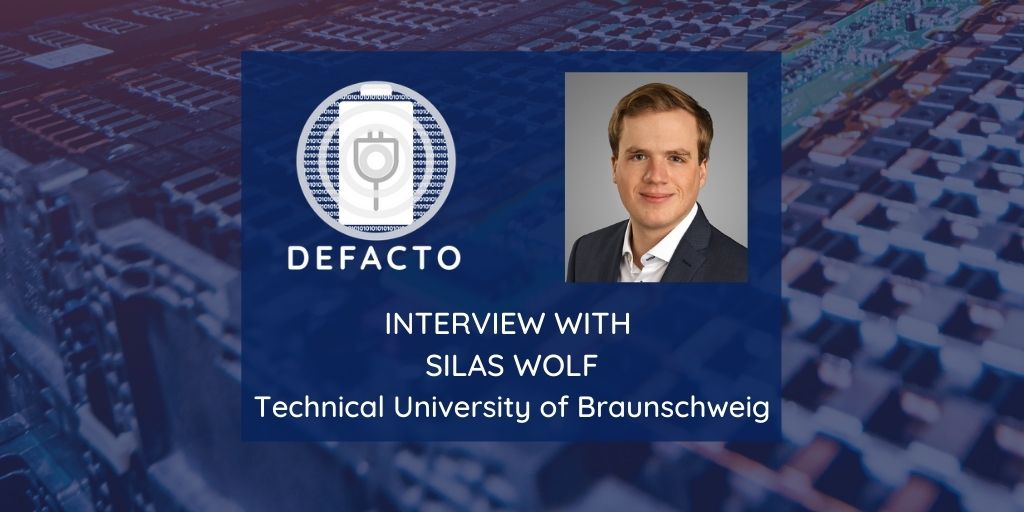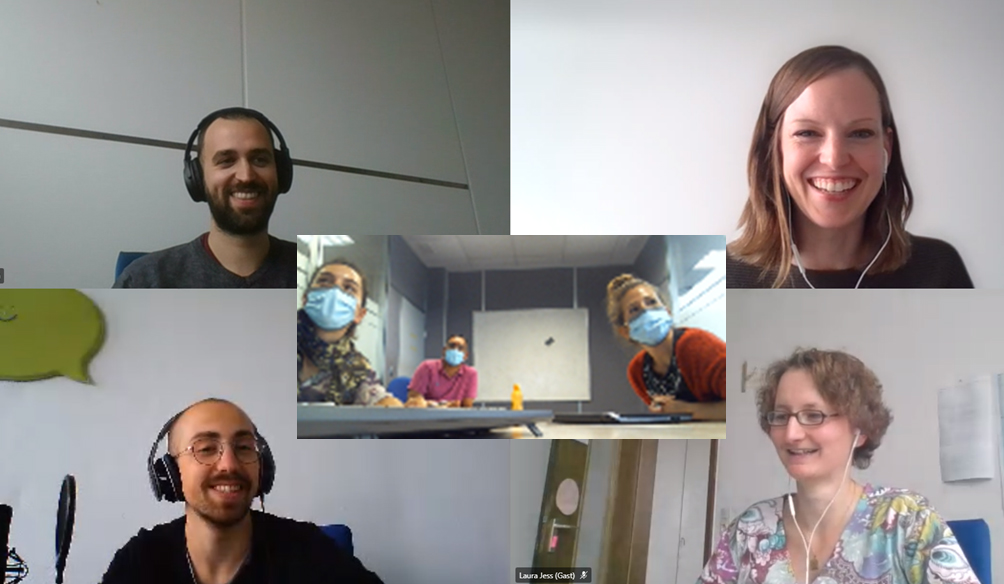DEFACTO hosts consortium meeting 12 months after its kickoff
All the consortium members gathered online to celebrate the General Assembly meeting of the project on December 2 and 3, 2020, nearly one year after it kicked off.During the first day of the meeting, the partners assessed the progress of the tasks and activities comprised in the first Work Packages:Testing, analytical tools and characterization Modelling and simulation of electrode processing Modelling and simulation of electrolyte filling processIn addition, the Centre for Research and Technology Hellas – CERTH hosted a...











